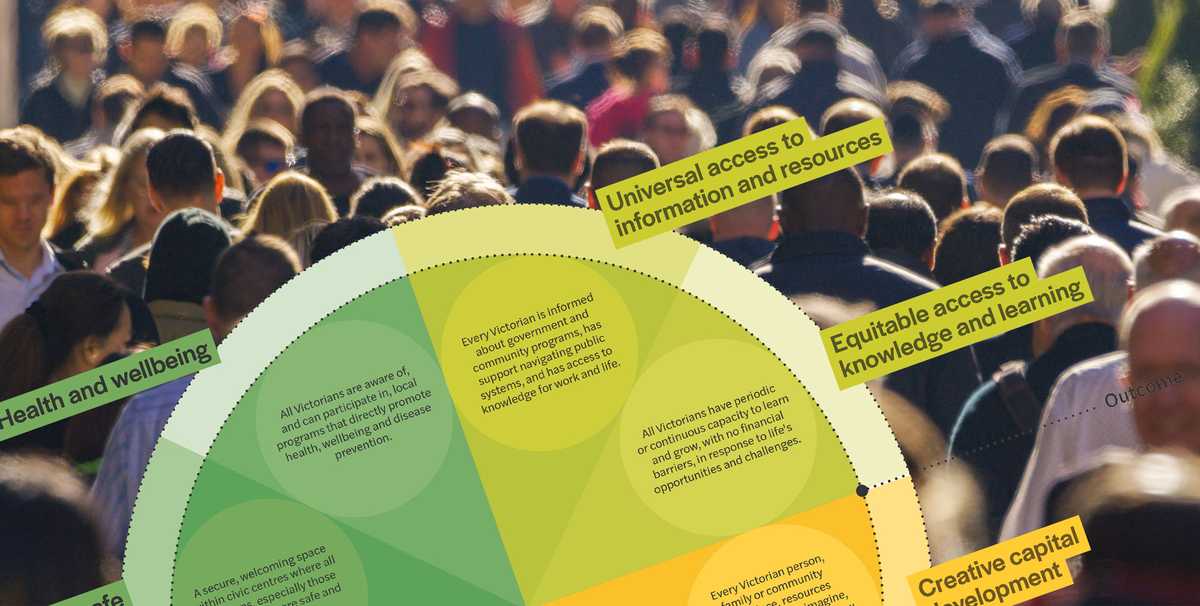
This month the WHO accelerated its work to achieve a decade of healthy ageing.
- By the end of this Decade of Healthy Ageing – in 2030 – the number of people 60 years and older will grow by 56 per cent, from 962 million (2017) to 1.4 billion (2030). By 2050, the global population of older people will more than double to 2.1 billion.
- Globally, the number of older persons is growing faster than the number of people in all younger age groups. By 2030, older persons will outnumber children under 10 (1.41 billion versus 1.35 billion). By 2050, there will be more people aged 60 years or over than adolescents and youth aged 10-24 years (2.1 billion versus 2.0 billion).
- The number of persons 60 years and older will grow fastest in developing countries. Between 2017 and 2050, the number of persons aged 60 years and over living in developing regions is expected to more than double from 652 million to 1.7 billion whereas more developed countries will see an increase from 310 million to 427 million. The number of older persons is growing fastest in Africa, followed by Latin America and the Caribbean then Asia. Projections indicate that nearly 80 per cent of the world’s older population will live in the less developed countries in 2050.
- In most countries, the proportion of older people in the population will increase. In 2017, 1 in 8 people worldwide was aged 60 or over. By 2030, this is projected to rise to 1 in 6, and by 2050, 1 in 5.
- Women tend to live longer than men. At the global level in 2010-2015, women’s life expectancy at birth exceeded that of men by 4.6 years. Consequently, in 2017, women accounted for 54 per cent of the global population aged 60 years or over, and 61 per cent of those aged 80 years or over.
- The pace of population ageing is accelerating. Today’s developing countries must adapt much more quickly to ageing populations than many developed countries but are often at much lower levels of national income and health and social welfare infrastructure and capacities, compared to other countries that developed much earlier.
Read more in the World Health Organisation zero draft Decade of Healthy Ageing 2020-2030 paper.

